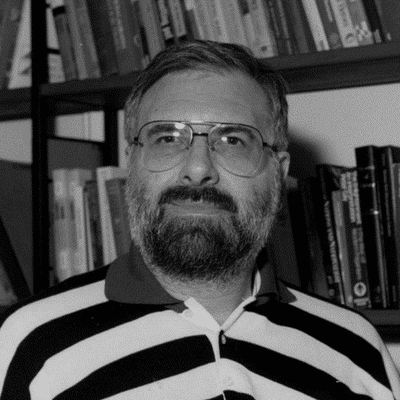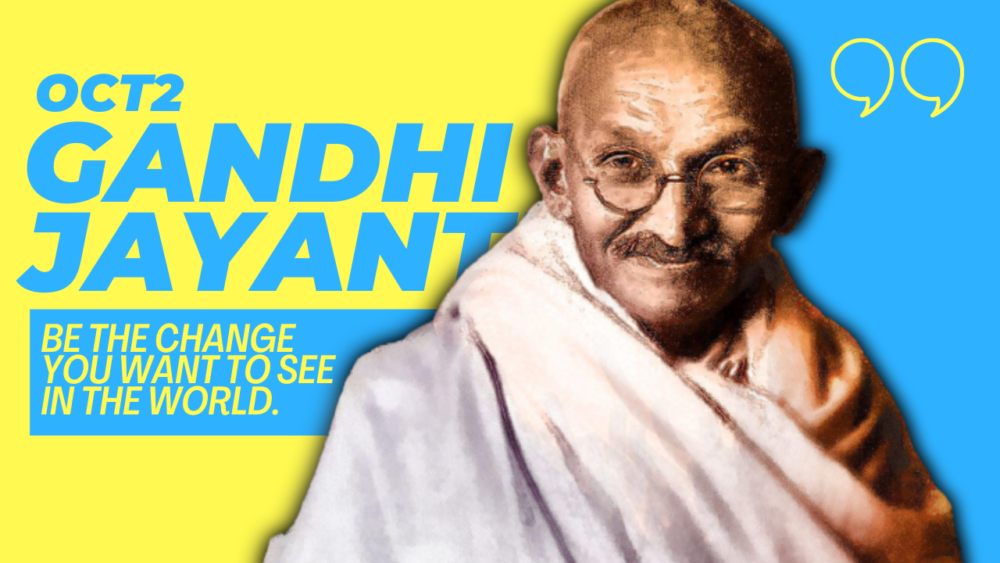The year 2021 began with a good start. We all know that 2 medicines have been given emergency approval and we all saw pictures of medical professionals and paramedics getting corona vaccine in India and all over the world.
The number of cases is declining and it’s not like the months which have just passed recorded the lowest number of new infections but we try to keep up with the hope that every modern philosopher is having will be taught by all.
Things are moving slowly and they are definitely improving. There is hope that the whole country will be vaccinated by the end of the year.
We have all had a very difficult time throughout the year 2020. Too many restrictions, too many programs being cancelled, job losses, and too many people losing loved ones.
Naturally, now that we know the vaccination is going on, we feel happy and hopeful. Many of you must be wondering if normal life can start anew when we are all given the COVID vaccine in India.
Brian Barry (modern philosopher)
An undivided number of the 3.4 million people worldwide killed by COVID-19 also fell victim to inequality.
In the aftermath of the epidemic, building a just society, where equality is the foundation of freedom, should be our top priority.
The thinking of Brian Barry is a wonderful way to start.

In Why Social Justice Matters (2005), discusses how the coherence of opportunity is perceived today when individual responsibility is considered the most important and crucial of all individual qualities.
But Brian, however, says the modern mantra of human commitment and the legitimacy of democracy is a myth – a concept used to punish marginalized members of society.
In our modern world, people are seen as suffering from their poverty, their misery, their lack of resources. If they allow COVID, that seems to be their fault. For Barry, there can be equality of opportunity only if there is equity in access to resources, which is what we need to work on in the world after COVID.
Thomas Scanlon (modern philosopher) :
COVID-19 has highlighted the structural injustices that have plagued our society, reflecting the explosion of social and economic inequalities and chronic exploitation.
During the epidemic, the richest people became very rich and powerful, while the poor lived in relative safety.

We risk turning our democracy into a multi-ethnic one – governments are rich.
Many of the wounds of inequality are analyzed by Thomas Scanlon, one of the most influential ethical philosophers in his book Why Does Inequality Matter? Published in the year 2017.
John Rawls (modern philosopher)
Rebuilding a society on solid foundations will require rethinking the role of the state in society.
During the epidemic, people look to their governments for salvation, and COVID-19 is a reminder that a strong case can be made against the need to plan politics around public institutions.
Never before have so many important institutions such as comprehensive, national, public health work been so highly regarded, and needed.

The way forward is to have more status, not less. COVID-19 can ensure that we should organize our social and political affairs around the political philosophy of John Rawls.
It is he who said that a good society wants resources to be distributed to society as a whole.
Chiara Cordelli (modern philosopher)
Over the past 40 years, we have seen significant government services being given relentlessly in the private sector, with dire consequences.
The time has come to reverse this trend. In open democracies around the world, the private sector has entered the public sector, undermining the very foundations of democracy.
It is to the extent that, today, the private sector is performing the functions previously performed by public institutions.

It is not just a matter of government ministers awarding contracts to private companies with whom they have a partnership (in the UK a fifth of all government contracts COVID require an investigation into potential corruption, according to the Transparency International UK campaign).
There is also the fact that the public sector and its institutions have been greatly promoted.
As Chiara Cordelli highlights in her book, The Privatized State (2020), much of the government today, from prisons and social services to war and financial management, is being run by the private sector.
Even education and health care are subsidized to some extent by private assistance rather than by taxes. In the post-COVID world, constitutional restrictions on stock exchanges should be a priority.
Maria Baghramian (modern philosopher)
Throughout the epidemic, scientists were at the forefront of our fight against COVID-19, and the importance of life-saving research was evident to everyone.
In the future, we will need more professionals. We have also learned to distinguish between true and false, and how dangerous the latter can be in times of crisis: just ask the hundreds of thousands of COVID-19 victims in the US, Brazil, India and the UK, simply because their governments do not take professional advice seriously.

But from covering up to wearing a mask to international travel, experts do not always agree on COVID (or anything else). Maria Baghramian, a philosopher at University College Dublin, is a world power in the idea of when experts disagree.
She is the project leader for PERITIA, a project that investigates public trust professionally, and has written extensively and persuasively about a wide range of relationships, trust, and expertise.
Indulging in negative thoughts about the “good old days” of pre-COVID may not be wise.
There are many lessons to be learned from this current crisis, and we can do even worse than listen to philosophers who thought of a better, better, healthier world from before the plague began.
Also read: Working For Long Hours Is Killing Thousands Of People
















